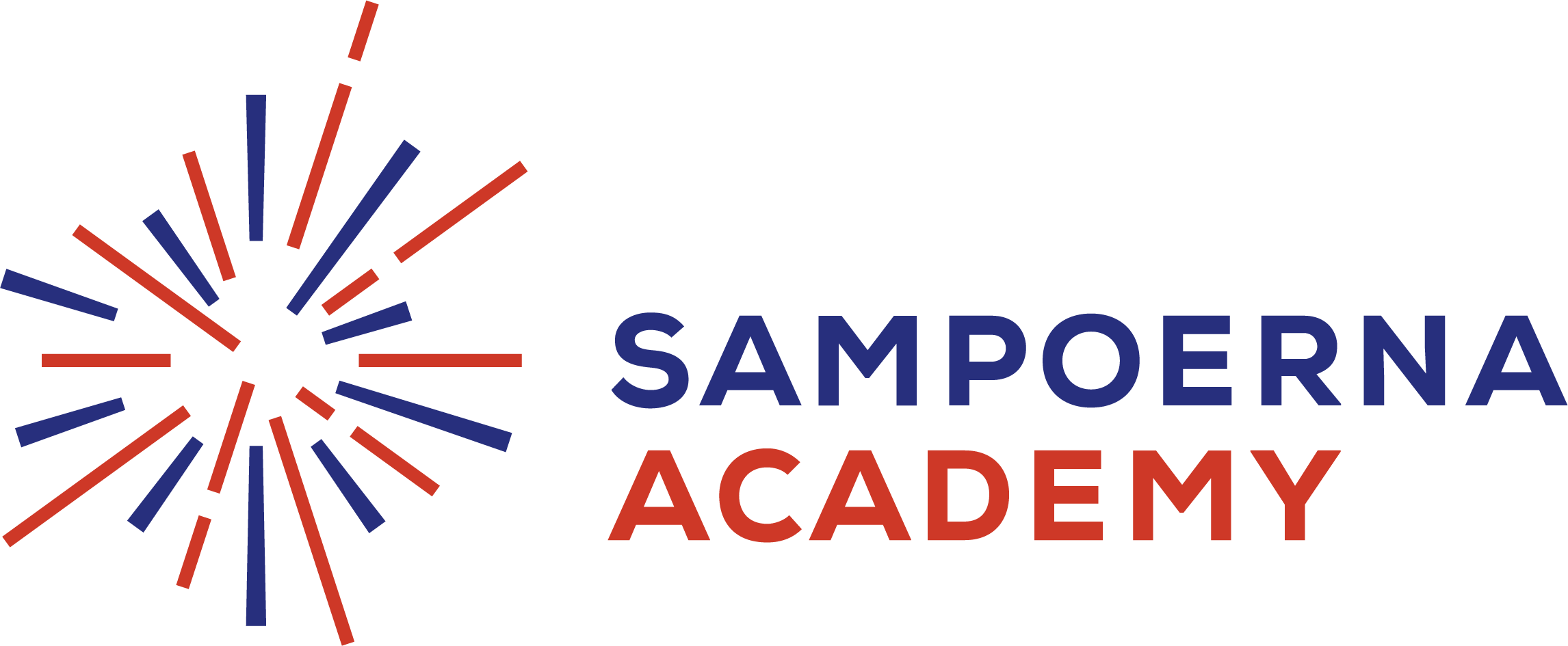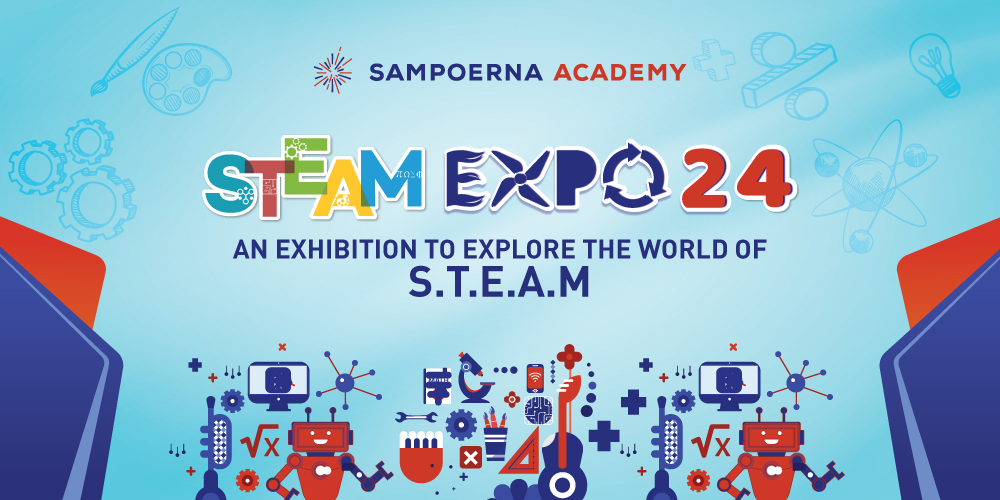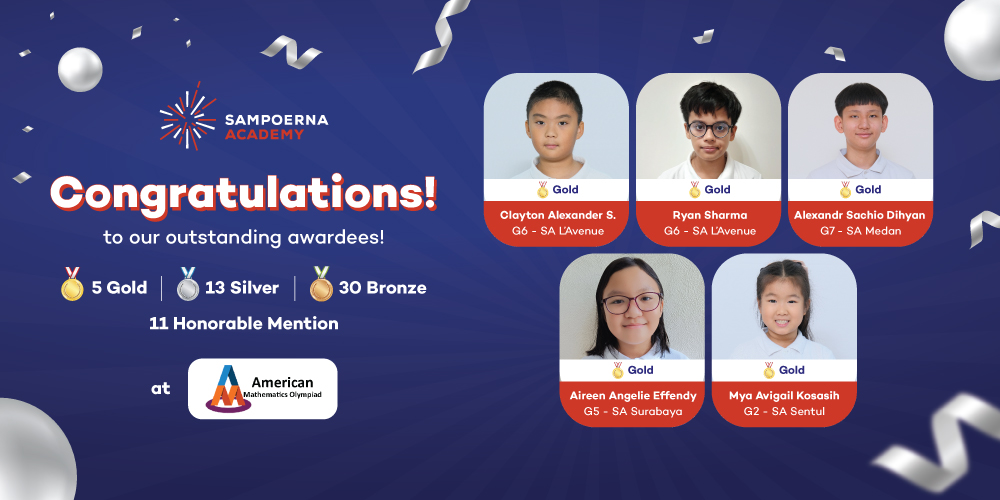In traditional classroom settings, students are taught to memorize information in order to achieve good test scores. However, this method of learning is passive and does not actively engage students in the process of gaining knowledge.
As a result, students often forget the information they have learned, and have difficulty connecting it to the real world. This is often referred to as the “file and discard” technique, where students quickly memorize information for a test and then forget it once the test is over.
In this type of classroom, inquiry-led learning is minimal or non-existent. This approach to education is when students take the initiative to explore and discover information on their own, rather than being solely reliant on the teacher to present information to them.
Without this type of learning, students may become easily distracted and have difficulty maintaining focus on the tasks assigned to them. While they may be able to achieve satisfactory test scores, they are not developing the skills and mindset necessary to become lifelong learners.
Without inquiry-led learning, students may miss out on the opportunity to develop critical thinking, problem-solving, and self-directed learning skills that are essential for success in the modern world.

Get to Know About Inquiry-Led Learning
Inquiry-led learning is a teaching method that emphasizes student curiosity and active participation in their own learning. At Sampoerna Academy and One World International School, this approach is promoted as an alternative to traditional, passive forms of learning that discourage students from taking initiative and exploring their interests.
In an inquiry-led classroom, students are encouraged to ask questions and seek answers on their own, rather than being solely reliant on the teacher to present information. This creates an environment where students are actively engaged in their learning and are more likely to develop critical thinking, problem-solving, and self-directed learning skills.
Additionally, this type of learning is open-ended and allows for more flexibility in the classroom, as the teacher can adapt and adjust lessons based on student curiosity and interest. Furthermore, it is important to note that Inquiry-led learning is also highly collaborative and encourages a sense of community among students, which allows them to learn from one another.
The primary goal of inquiry-based learning is to provide students with the skills and mindset necessary to actively seek out and process information. Through this approach, students develop information-processing skills, sound habits of mind, and a deep understanding of the content being studied.
In an inquiry-led classroom, students take the lead in asking questions and discovering answers, working collaboratively with their peers and leading discussions. The learning journey is not always linear, but this allows students to gain a more complete understanding of the topic at hand.
As a result, the role of the teacher shifts from the traditional role of being the primary source of information to a facilitator of student learning and exploration.

The Vital Role of Teachers in Fostering an Inquiry-Led Learning
At Sampoerna Academy, teachers play a crucial role in fostering an inquiry-led classroom environment. Inquiry-based learning is a student-centered approach that encourages students to ask questions, explore, and discover new knowledge on their own. In this type of classroom, the teacher is a facilitator, who guides students through the inquiry process and provides them with the necessary resources and support to pursue their own lines of inquiry.
One of the most important responsibilities of a teacher in an inquiry-led classroom at Sampoerna Academy is to create opportunities for students to ask questions and explore their own interests. This might include providing time for independent projects, or small-group discussions where students can share their ideas and learn from one another. Additionally, teachers at Sampoerna Academy also provide students with access to a wide range of resources and materials that align with their interests and support their inquiry.
Another key responsibility of teachers at Sampoerna Academy is to help students develop the skills they need to think critically and solve problems. This might include teaching students how to conduct research, analyze data, and evaluate sources of information. Teachers at Sampoerna Academy also design activities and exercises to help students develop problem-solving and critical thinking skills.
Furthermore, teachers at Sampoerna Academy play a vital role in evaluating students’ progress and understanding. They provide feedback and support for students to reflect on their learning and make a plan for the next steps. This helps students to take ownership of their learning and become more autonomous in their inquiry process.

The essential tools used in an inquiry-based learning
In an inquiry-based learning environment, the use of essential tools is crucial in facilitating student learning and promoting critical thinking. Immediate feedback and encouragement are important to support student progress and build their confidence in their abilities.
Close monitoring is necessary to ensure students stay on track and are making progress in their inquiry process. Access to technology and resources, such as the internet, databases, and other materials, is essential for students to conduct research, analyze data, and evaluate sources of information.
Effective communication with parents and school administrators is also crucial to keep them informed and involved in the student’s learning process. These tools, when used effectively, can support students in their journey of discovery, and help them become independent and autonomous learners.
In conclusion, inquiry-based learning is a powerful approach that empowers students to take ownership of their learning and develop critical thinking skills.
At Sampoerna Academy, we provide an environment that supports this type of learning, where teachers act as facilitators and provide students with the necessary tools and resources to reach their full potential.
If you are interested in joining our academy and experiencing the benefits of an inquiry-led learning environment, we encourage you to visit our website or contact us to schedule a visit and learn more about the opportunities available to you.
Don’t miss the chance to be a part of our community of passionate and inquisitive learners who are ready to be adaptable, global citizens in this ever-changing world.
Related articles:





